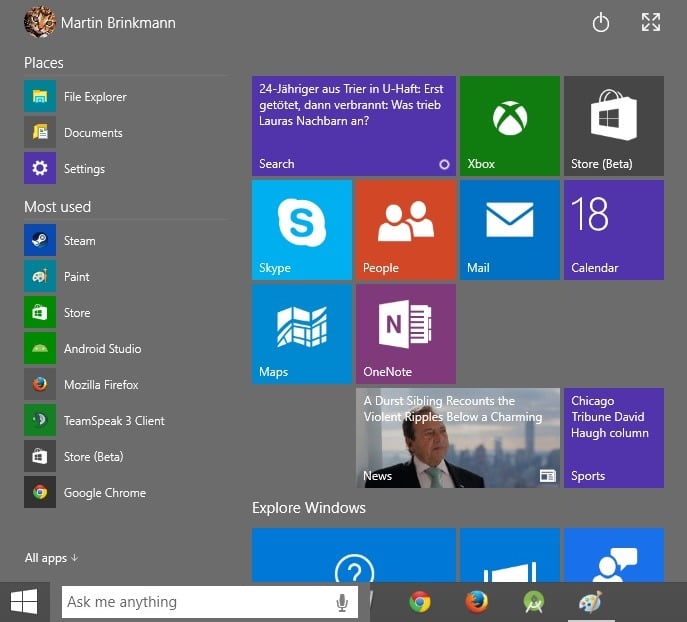Microsoft announced back in January that future processors would only be supported by the company’s Windows 10 operating system and not previous versions of Windows.
This came as a surprise to many users and businesses, as Windows 7 and Windows 8.1 are still supported by the company. In fact, Windows 8.1 is still on its general support schedule while Windows 7 is on extended support already.
Many users saw this as another attempt by Microsoft to get customers to upgrade to Windows 10 or buy devices that ship with Windows 10 installed as the operating system.
Back then, Microsoft wanted to support Intel Skylake processors only on a selection of business devices, and only until mid-2017.
Microsoft to support Skylake on Windows 7 and 8.1 after all

Microsoft published an update to its “silicon support policy” for Windows yesterday on the official Windows blog.
The main change is that Microsoft, listening to feedback and all, decided to extend the support policy for 6th generation Intel Core (Skylake) processors to the end of support dates for Windows 7 and Windows 8.1.
This means that Skylake processors are supported on Windows 7 until January 14, 2020, and on Windows 8.1 until January 10, 2023.
According to Microsoft, the change was made possible by Intel and OEM partners who “will be performing security update validation testing and upgrade testing for 6th Gen Intel Core systems running Windows 7 or Windows 8.1”.
What this does not mean however is that future platforms, Intel’s upcoming 7th generation Kaby Lake and AMD’s 7th generation processors like Bristol Ridge will also be supported on previous versions of Windows.
Microsoft states that these 7th generation processor families will only be supported on Windows 10, and that all future silicon releases will require the latest release of Windows 10.
It is still unclear what “not supported” means practically. Does it mean that Windows 7 or 8.1 operating systems cannot be installed on devices running 7th generation processors? Or is support merely a factor in the business world, with Microsoft not support systems running these processors?
If it is the former, it would mean that Microsoft would block customers from installing a previous version of Windows on devices running these processors. Customers affected by this would have two options: install Windows 10, or switch to another operating system supporting these processors (which most likely means a Linux variant).